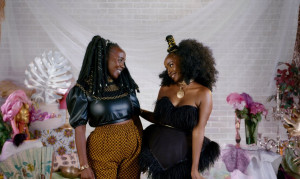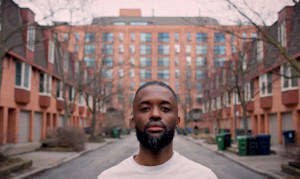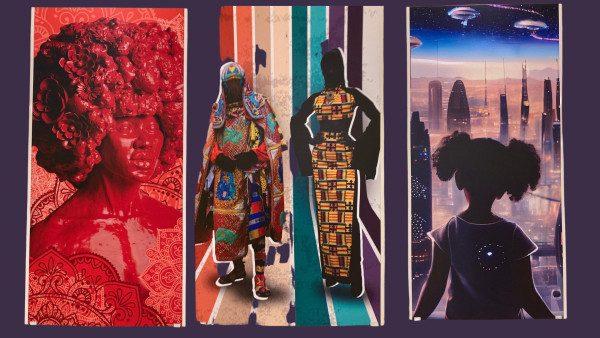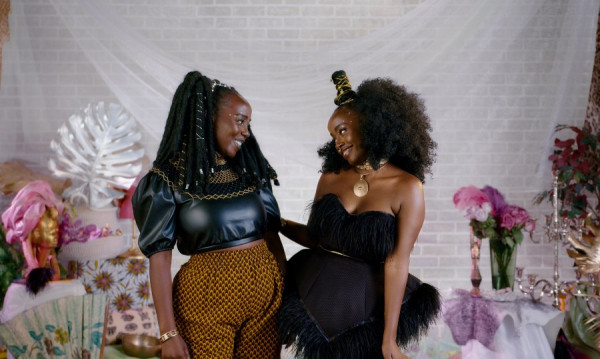As a descendant of a Black Canadian railway porter, Mr. David Clarke can. While the CBC/BET television series The Porter is not a first-person account but a fictional drama inspired by actual events, it’s a proud moment. Mr. Clarke’s father, David George Clarke, was a porter in the 1940s, after the generations whose determination and courage laid the foundation for the world’s first Black union. Mr. Clarke knows all too well about the ins and outs of working as a train porter himself, as he did so in Montreal for two consecutive summers in the 60s. During this time, he learned from the elders he worked with who shared lots of stories of what they went through in the 1940's, many of which are still so relevant today.
{https://www.youtube.com/watch?v=y93FZi8kTpM&ab_channel=CBC}
Speaking with Mr. Clarke opened my eyes to an entire world. It was a reflective discussion of Montreal’s history, anti-Black racism and his work as a porter. He was born and raised as a second-generation Montrealer in the downtown area. We know that holding the initial title of ‘the first Black to’ integrate into anything can be a double-edged sword. On the one hand, it can be an accomplishment of sorts, and on the other, a turbulent transitional time. None of this was new to Mr. Clarke and his family. “We were among the first group of plots that were next to the descendants of enslaved people who were brought here. At that time, Canada was part of the British Empire. So Blacks could not move as freely from one colony to another as whites. You had to have a trade, except there were stipulations.”
As a porter, Mr. Clarke’s father always dressed in his best attire, resembling a business person or doctor, as porters always did. Which, of course, came in handy for addressing principals about racial slurs, obtaining respect and the considerable amount of tormenting his kids lived through daily. The remarks were disparaging and relentless. However, one thing he notes about growing up, his parents raised himself and his siblings with love but never taught them about racism. Instead, they celebrated everything Black, and he felt exposed to racism as he lived and encountered it. “My parents did not discuss race at home. The only thing they told us before that was, ‘you can accomplish anything.’ said Mr. Clarke. “You can accomplish, but you cannot do everything they (whites) do socially and get away with it.”
Mr. Clarke pointed out a reality still practiced today. Hearing this explained and broken down in context turned the perspective on an axis. "This is one of the greatest faults that I find Black parents still practice—not teaching their kids about racism. There's superiority from the cradle to the grave. Black children are shocked into racism when they have to deal with the real world in most cases unless they're born in the inner city where there's a lot of poverty," he stated. That superiority is depicted in The Porter in so many facets. It's common knowledge that our brethren and sistren encountered blatant racism. But when we see what occurred with Henry's character in the first episode and how his fate became the catalyst for change, it drives home the notion that we should take action to find solutions or eradicate the issue before it becomes a ticking time bomb.
Seeing the depiction of a porter's life and battle come to life on the small screen is rewarding. "I'm very proud, very pleased," Mr. Clarke responded enthusiastically. "I give all the honour to those young Blacks who decided to do this because it needed to be done. The Sinclair Family at the time, who owned Canadian Pacific (CP), never gave the rightful honour to the Black porter because we made their money for them. Those men carried themselves with class and dignity in front of all of the racist ignorance they had to put up with from their white coworkers. And still, they projected a very classy image that encouraged white people and people, in general, to travel by train."
Mr. Clarke recounted the fourteen gruelling days his dad would be out on the road contrary to his four. How working the different train cars would be exhausting, i.e. making 20 beds per day in a T-car, and the rules and regulations presented preventing Black porters from entering trains when occupied by whites. Still, the striking disrespect of the porters was horrifying to digest. “On my first trip out, an older policeman said to me, ‘Do not eat food from the dining car stuff. Bring your food.’ I did that already because my mother would prepare chicken and this and that for my father. I learned that they (white workers) delighted in spitting in the porters’ food. They would throw it on the floor, step on it, and enjoy calling them the N-word.” Unfathomable. As depicted in episode one in The Porter, Junior, Lucy, Zeke and Marlene are up against bootleg alcohol and hustling for their coin, fighting colourism and prejudices within their community and placating the system to survive. All of this while trying to find their path to a better life. Thus far, the series has been a beautiful and gritty portrayal of survival, culture, and Canadian history.
When asked how being a porter affected his life, Mr. Clarke responded, "Oh, it was neat. The pay was fantastic. I never came home after four days travelling with less than $300 in tips. Now, I can't say I went through anything, in my wildest imagination, close to what my father and the men before him went through." Then with a pause, he exhaled and said, "But, I gained respect. I came home and told my mother that sometimes after the older men talked to me, I would cry for my father. They had to sell their souls for so little, so some of the men could gain so much, and they were never honoured. Never…until this program."
The Porter airs Monday at 9 pm (9:30 pm in Newfoundland) on CBC TV and is also available to stream anytime on CBC Gem -- CBC's free streaming service.
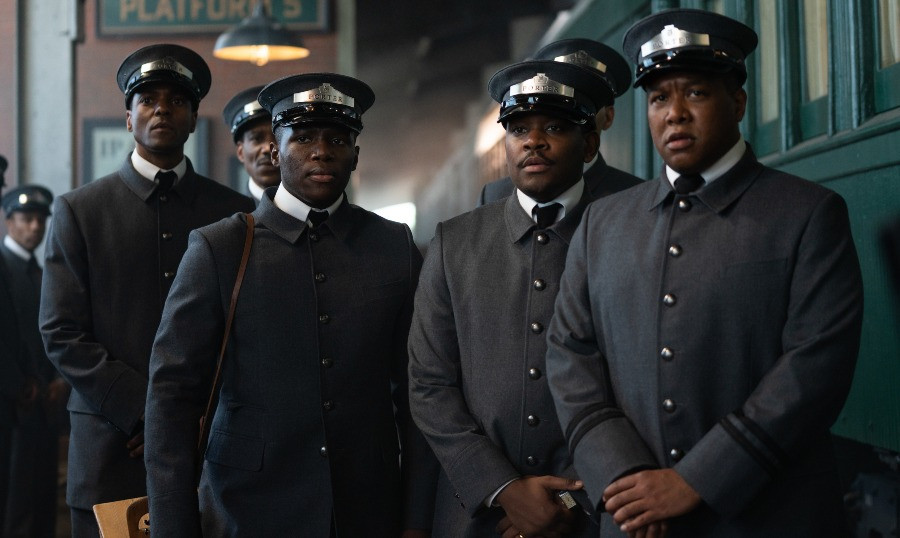
 By
By 

